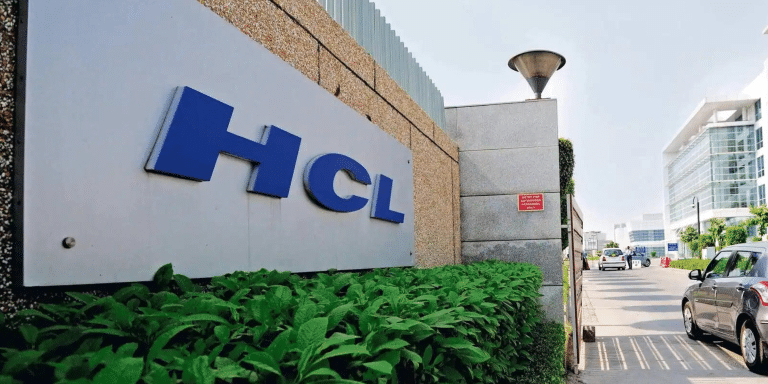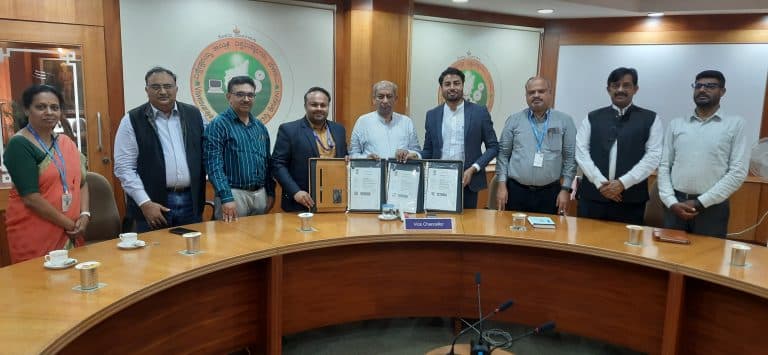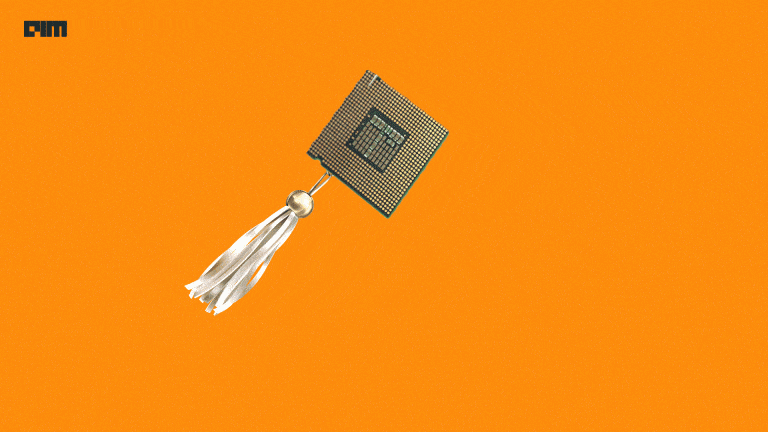In 2022, Ceremorphic, a semiconductor fabless startup based in San Jose, emerged from stealth mode to reveal a 5 nm supercomputing chip produced by Taiwan Semiconductor Manufacturing Company (TSMC).
Almost a year later, founder Venkat Mattela announced the company’s venture into the life science industry, particularly the drug discovery space, with the introduction of an analogue computing solution. He believed his AI chips could provide a better and energy-efficient alternative to pharmaceutical companies involved in drug discovery.
However, Mattela is now confident that his company can offer pharma companies more than just power efficiency. He asserts that his technology has the potential to streamline drug discovery processes, leading to a significant cost reduction of nearly 100 times.
“Last year, only 34 drugs were approved by the US Food and Drug Administration (FDA), which is significantly low given the number of drug discovery companies and the billions of dollars spent,” Mattela said.
While he has made bold claims since the company came out of stealth, in a recent interaction with AIM, Mattela also revealed that the startup’s chips, designed specifically for the life science industry, will enter production by 2024. He also revealed that the company is involved in the design of a 3 nm chip.
Developing chip for life science
While the 5 nm chip is expected to enter production in 2026, Mattela added that most of the work done by Ceremorphic in developing the 5 nm chip has been useful in developing the chip designed for life science.
The company has also pinpointed additional sectors where its technology can be applied, including but not limited to automobiles, data centres, and robotics.
“In any vertical application, approximately 80% of the functionalities remain consistent, however, the remaining 20%, as seen in specialised fields such as drug discovery, demands distinct considerations, perhaps involving specific techniques or methodologies.
“Hence, when stating that we are developing a separate chip for life sciences, it implies that the fundamental 80% remains analogous to other chips, while the differentiating 20% caters to the specific nuances of life sciences applications,” Mattela said.
More than a data centre in a box
When Ceremorphic decided to foray into life sciences in 2022, its initial focus was to sell its AI chips to pharmaceutical companies, which are more energy efficient, according to the company, compared to using a hyperscaler’s service like Microsoft Azure, Google Cloud or AWS.
“I realised that drug discovery companies spend billions of dollars for five to six years to reach Phase 2, which is human trials, however, shockingly, 90% of the time they don’t reach Phase 2,” Mattela said.
So, what Ceremorphic has developed is BioComp DiscoverX, a supercomputing platform which leverages proprietary analogue, quantum, and AI technology to accelerate drug development.
“It is a system designed for scientists involved in drug development, aimed at increasing the likelihood of selecting a drug that progresses successfully through various stages, from initial development to advanced phases,” Mattela said.
Besides reducing the drug development cost by almost 100 times, he believes that his technology has the potential to eventually eliminate the need for clinical trials on animals. However, he emphasises that achieving this goal requires significant progress and effort.
Mattela mentioned that he will be visiting Japan soon to engage with a potential partner in drug discovery. His proposition is pretty direct: “I understand your current workload constraints; hence assign me the project that you consider the most challenging, and compensate me only when I have delivered the results.”
Building in India
Despite being a US company, Ceremorhic’s core team is based in Hyderabad. “We have a team of over 150 in Hyderabad, where my core engineering team is. Everything from research and development happens here,” Mattela said.
Although the chips will be manufactured by TSMC, Mattela states that the company envisions constructing the remaining components necessary for the solution in India.
































